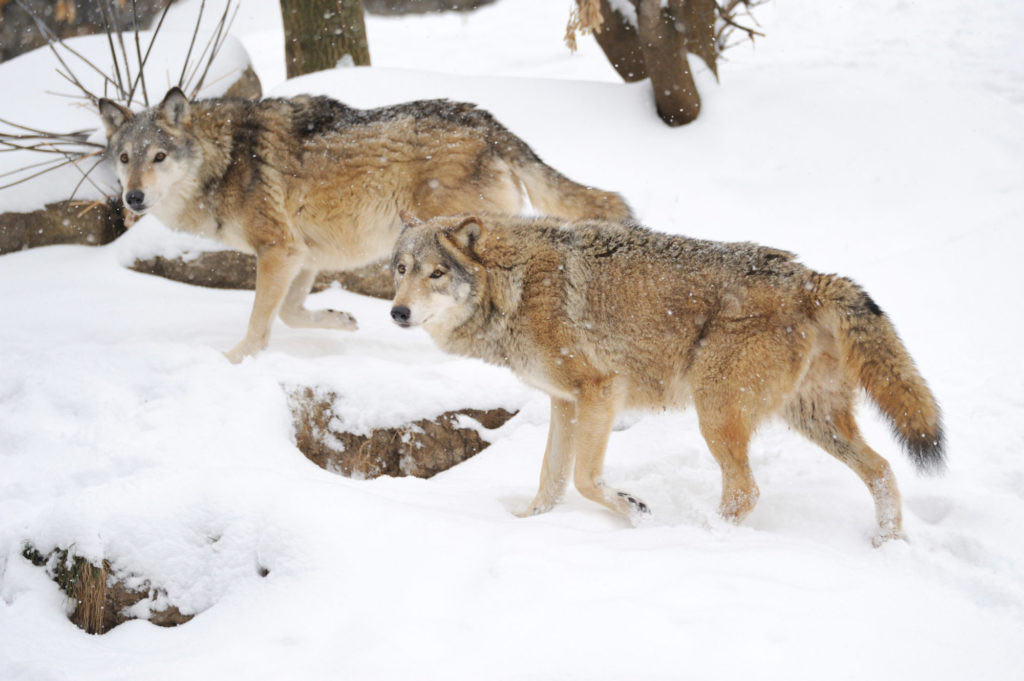Rural transformation and diversification processes in Europe take on many shapes. This session adresses two major processes and their urban-rural interface: 1) Attempts to maintain or take back control over food production and systems locally and regionally, the relevance of foodscapes, and 2) Landscape, biodiversity conservation and dilemmas arising from rewilding processes in Europe, including the re-introduction of large carnivores.
These processes may be seen as being interlinked with issues related to food security, power relations, knowledge and co-production of knowledge, participation/democracy processes, resilience, marginalisation, sustainability, social and environmental justice, and rural-urban relations.
Objectives: The WG is linked to the 2nd topic of the conference on social justice and rural spaces and places. There is an ongoing reconfiguring of urban–rural relationships and power (asymmetries) linked to food production/consumption/conservation discourses, the role of the rural as the location of production landscapes and worked environments, and the protection of worthy cultural landscape or wilderness landscapes.
Foodscapes across various European regions differ. The contemporary sustainability debate highlights diversity among the most significant factors needed to improve food system resilience. This diversity may include economic approaches, business and organisational models, food variety and actors. For example, traditional socio-organisational food supply models are particularly embedded across Central Eastern-Europe and might hold unique properties improving social and ecological performance of food supply in this region. Similarly, while much innovative work is appearing in relation to the potentials for urban agriculture in big cities, Europe’s population remains linked to smaller-scale urban settlements, where the rural-urban interface may be porous and exercises an influence on the food culture of both places. It is crucial to ensure that variety of local food systems is illuminated and maintained, not at least due to climate change and strengthened relevance of food security.
Meanwhile, the re-entry of large carnivores into farmed landscapes reveal tensions at many levels. Cultural and environmental diversity discourses are thus part of these reconfiguring or transformation processes. Rural landscapes, inhabitants and animals are caught in narratives and discourses between wilderness and cultural landscapes, between middle-class values and cultural resistance, nature management and rural livelihoods/lifestyles and policies. The strong return of carnivores in Europe coincides with increased economic, structural, political and societal marginalisation of agriculture and rural areas, and opposition to carnivore reintroduction has been diminished by some as mainly cultural resistance. On the other hand, protected species and landscapes that are dependent upon low-intensity farming systems, are also threatened by interlinked restructuring processes.
We welcome papers and a discussion that can offer improved theoretical, methodological and communicative approaches to deal with these transforming and diverse processes.
Planned outcome: Discussion, networks (especially linked to the new member states of the EU), publications, and future collaborations.
Format: Discussant workshop combined with a panel debate: after five to six papers with discussants we open the discussion for the audience.
Abstracts
Working Group Session 3 Thur 09:00 – 10:30
- Anke Fischer – Exploring the potential of citizen social science for the co-production of knowledge on food and nature conservation issues
- Sandra Šūmane – Science-policy interfaces to support the role of small farms in regional food systems: some evidences
- Heidrun Moschitz – Challenges of knowledge sharing networks in a European context
- Sophia Hagolani-Albov – De-learning to disrupt: Collective reflections on an under-theorized concept and overlooked phenomenon within agri-food studies
Working Group Session 4 Thur 11:00 – 12:30
- Nafsika Papacharalampous – Let’s Eat Them Together’. Food procurement practices of domination and resistance in the city of Athens
- Imre Kovách – Motivations of multi-layered subsistence farming in Hungary
- Mikelis Grivins – Tales from the forest: an analysis of wild product picking
- Renars Felcis – Principles of common governance for innovations in case of privately owned forests in Latvia
- Lukas Kala – Agroforestry Development: Barriers to Planting Trees in the Czech Agricultural Landscape
Working Group Session 5 Thur 14:00 – 15:30
- Katrina Rønningen – Rewilding: Management, adaptation, and power/lessness in carnivore affected communities
- Thomas Fry – Rewilding in hill-farming landscapes: The socio-political dimensions of the reintroduction of white-tailed eagles on the Isle of Skye, Scotland
- Annelie Sjölander-Lindqvist – Locating the analysis of environmental governance to the ‘subject’: Meaning and interpretation of participation in the management of large carnivores in Scandinavia
- Sabrina Arcuri – Integrating agrobiodiversity conservation and valorisation: opportunities and risks based on Tuscany case studies

